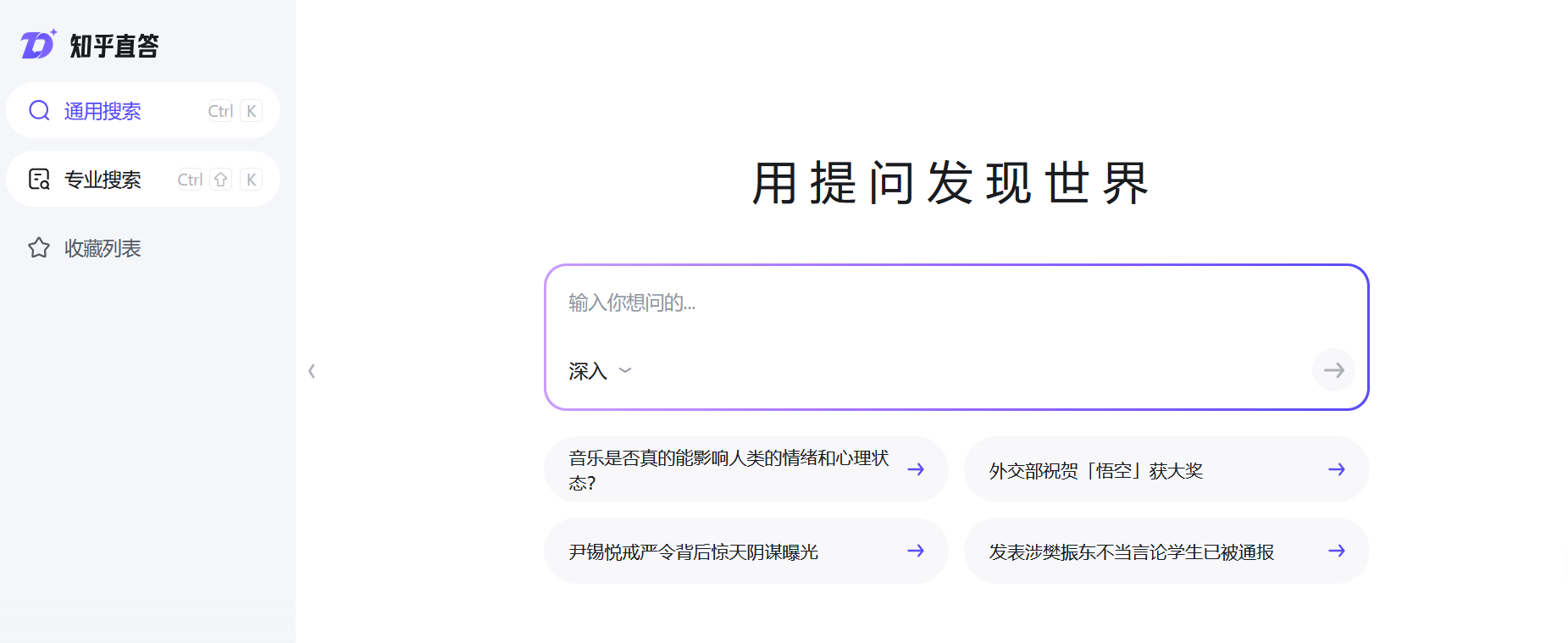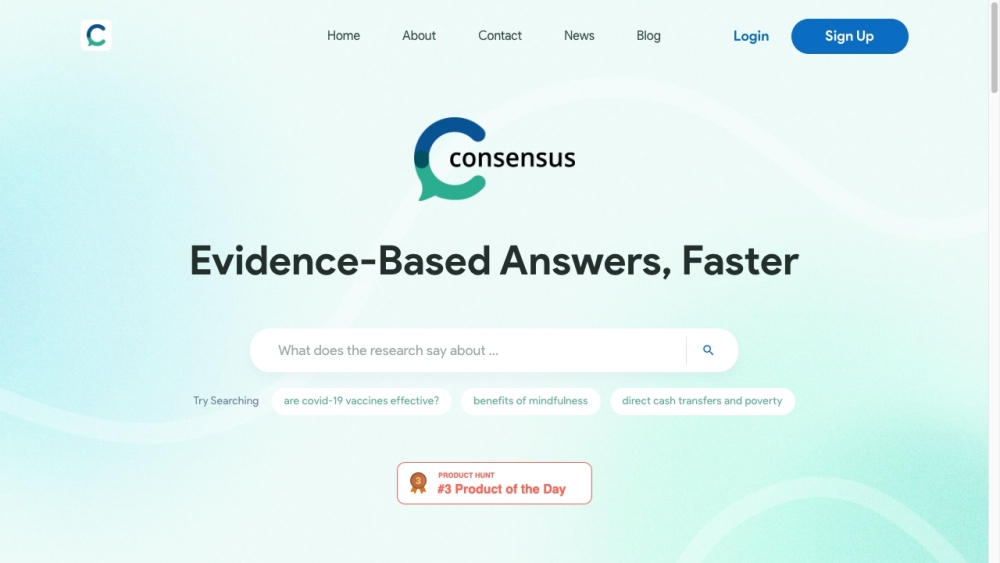A new sports tech startup, Volley, is set to transform the training experience for racquet sports players—whether they're into platform tennis, tennis, padel, or pickleball—with its innovative AI-powered training machine.
Unlike conventional tennis ball machines that merely propel balls at different speeds and angles, Volley’s automated trainer utilizes advanced AI and vision technology to gather data as players practice. This allows it to adjust its training simulations based on individual skill levels, essentially enabling players to enjoy a realistic training session without needing a full team.
“Volley caters to professionals, beginners, and everyone in between thanks to its smart AI system,” explains co-founder and CEO John Weinlader. “It comprehends the nuances of racquet sports, tracks your position on the court, and mimics the responsiveness of a real opponent, ensuring you play at an authentic competitive level.”
Volley’s trainer boasts three strategically placed cameras for various functions, including player and ball tracking, along with video recording. One camera located inside the machine helps with maintenance, allowing customer support to identify issues and guide users through solutions virtually.
What sets Volley apart further is its integrated speaker and LED screen, which enable instructors to lead group workouts effectively. The machine's adjustable height of 87 inches can tilt 56 degrees upwards and 38 degrees downwards while rotating 34 degrees left or right, accommodating a wide range of shot angles.
Through the Volley mobile app, available on iOS and Android, users can access tailored drills, review video footage to refine their footwork, and track player statistics. The app also provides digital controls for machine operation, letting players choose specific landing spots for balls. Importantly, the trainer keeps track of all data to ensure when players return to the court, they can continue right where they left off.
Volley has already achieved 1,007 app installs and is continuously rolling out new features. Recently, the company introduced a side-by-side video comparison tool within the app, enabling users to evaluate their form closely. At the upcoming RacquetX Conference, Volley will showcase an exciting new feature that allows users to control the training machine using hand gestures, eliminating the need for a smartphone.
Launched in September 2023, Volley’s trainers quickly gained traction, with the initial stock selling out in less than four months. The company successfully placed 110 trainers in 45 platform tennis and padel clubs across states like Connecticut, Florida, Illinois, Massachusetts, Maryland, New Jersey, Ohio, and Pennsylvania.
“Our remarkable growth underscores the demand for next-generation technology that replicates live play,” says Weinlader. “Other sports solutions, like golf simulators, have enhanced practice opportunities, and that’s exactly what Volley brings to racquet sports.”
To support its community of clubs, Volley charges a leasing fee ranging from $1,500 to $3,000 per month, depending on the number of trainers needed, features utilized, and members served. The company is currently in the process of distributing its second batch of trainers.
Co-founders John and Dan Weinlader, both with engineering backgrounds, previously built an agritech business for John Deere. As a passionate platform tennis player, John conceived the idea for Volley after creatively propping a tennis ball machine on painter’s sticks to simulate specific shots.
“With racquet sports, improvement usually requires you to head to the court and train with three other players or a pro, which doesn’t always guarantee targeted practice on your challenging shots. Frustrated by the limited options, I decided to take action," John recounts.
After three years and eight prototypes, the company developed the successful trainer currently available on the market.
The racquet sports industry has seen substantial technological advancements recently, from Slinger’s portable ball launcher and its app offering personalized tips to Proton’s smart ball machine equipped with internal sensors for precise shot delivery. Meanwhile, Swing Vision provides a phone mount for recording play, allowing users to upload footage to an AI-powered app that analyzes shot placement, ball speed, and win percentages.
However, Volley asserts it lacks direct competition since it merges video recording and ball dispensing into a single, cohesive device while employing an AI-centric approach to replicate live play.
“Volley sits in a league of its own as traditional ball trainers no longer meet the needs of today's players and pros. We aspire to be the cutting-edge solution for racquet sports, much like how golf simulators have revolutionized golfer training,” John emphasizes.
“As racquet sports gain immense popularity, the technological support for them has remained stagnant. Paddle, in particular, is intricate due to its diverse shots, use of the screen, and almost exclusive focus on doubles play,” he adds.
Looking ahead, Volley plans to offer trainers for lease to individual players with at-home courts and has recently partnered with the American Platform Tennis Association (APTA) to broaden its outreach.
While the company is currently self-funded, it is preparing to secure its first round of investments.




